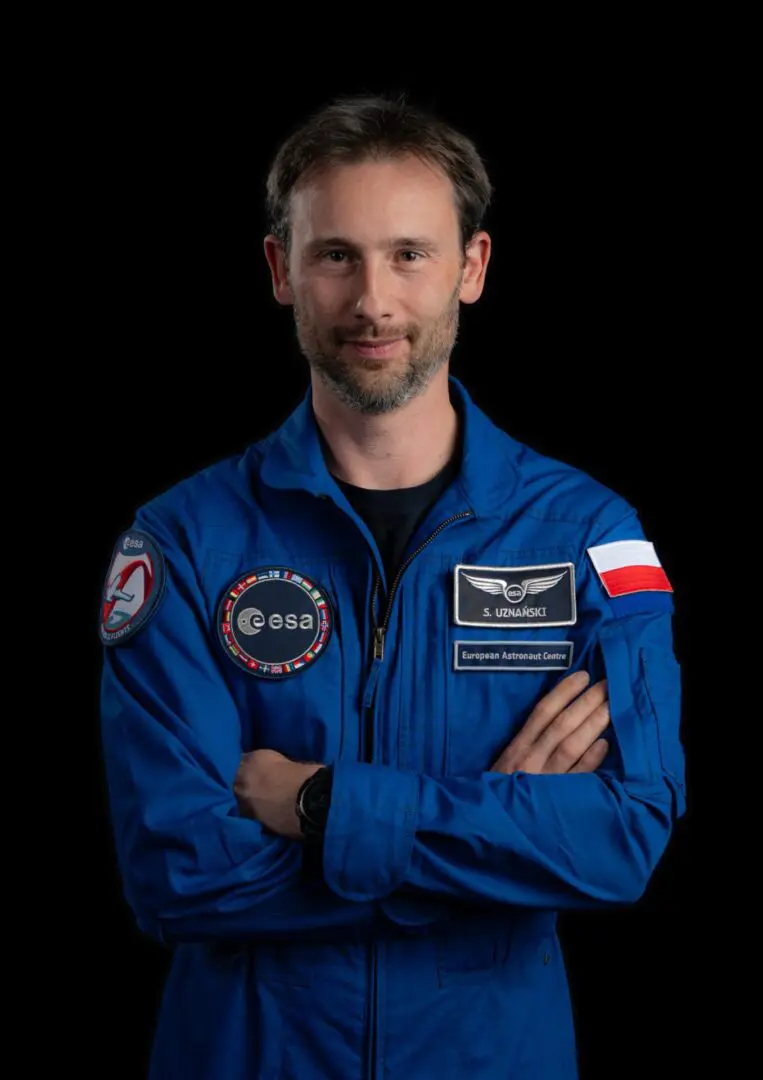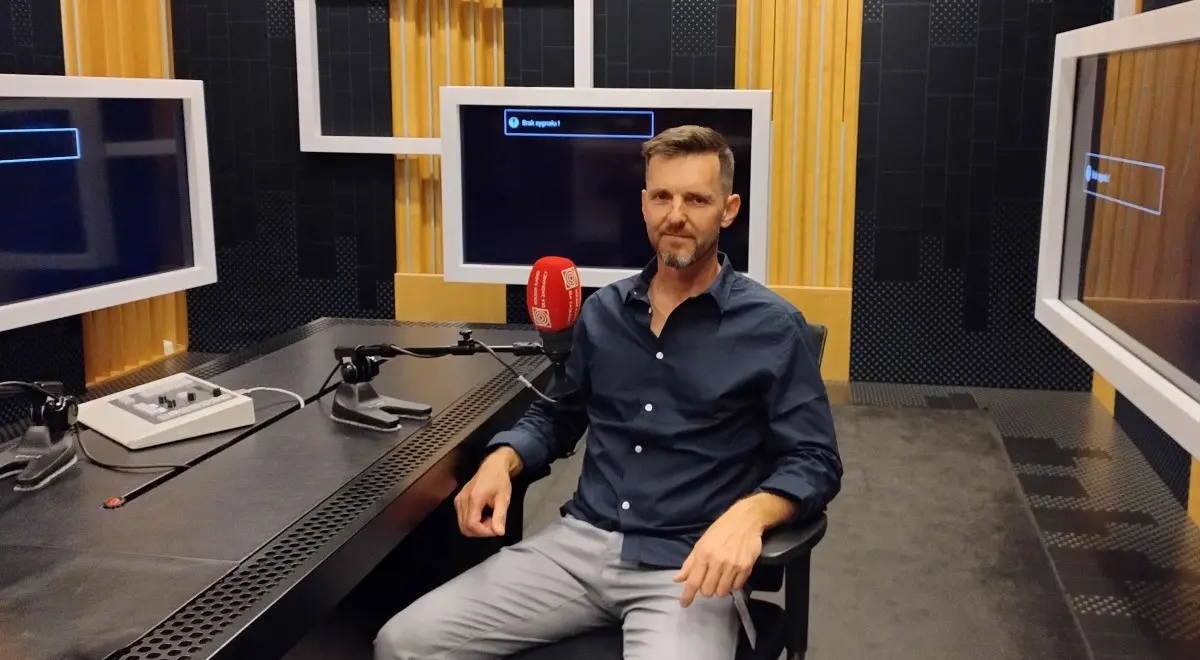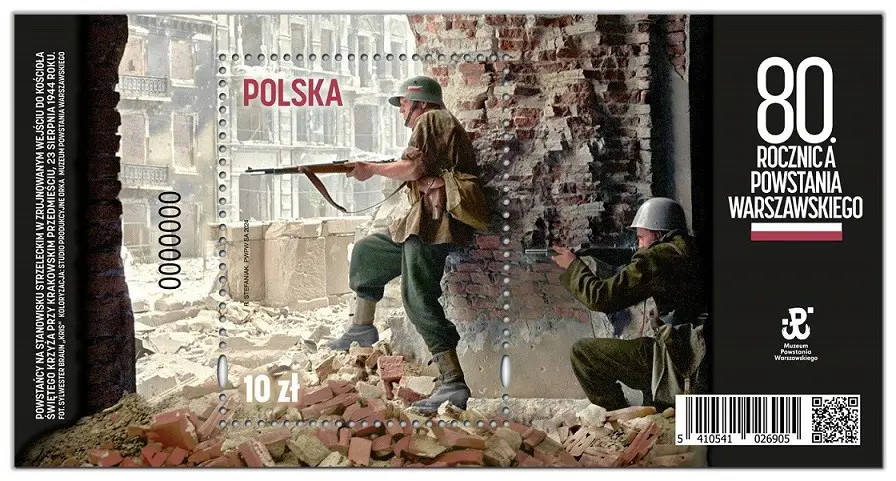The Brazilian Polish community has achieved something unprecedented in its history - Polish has joined the ranks of official languages in the Municipality of Aurea in the state of Rio Grande do Sul, alongside Portuguese, the official language of the Federative Republic of Brazil. The initiator of this undertaking was Prof. Fabricio Wichrowski, a Brazilian scientist with Polish roots, who has been promoting Polish culture and language in Brazil for years.
Professor Fabricio Wichrowski, archaeologist, historian and lecturer at the University of Passo Fundo in Brazil, Polish activist representing the Polish ethnic group in the Council for Linguistic Diversity in Rio Grande do Sul, was interviewed by Halina Ostas.
Professor Fabricio Wichrowski is an archaeologist, historian and lecturer at the University of Passo Fundo in Brazil. He is also a Polish activist representing the Polish ethnic group in the Council for Linguistic Diversity in Rio Grande do Sul. He is also co-director of the Department of Polish-Brazilian Studies at the University of Passo Fundo.
He is the initiator and author of several draft laws on the co-official status of the Polish language in Brazilian municipalities inhabited by descendants of Polish emigrants. Thanks to this, municipalities have a legal basis for acting on behalf of the Polish diaspora.
“This is an unquestionable proof of recognition of the contribution of Poles to the social and cultural development of Brazil, and especially places such as Aurea, which is called the "capital of Poles in Brazil". This is an official title, it is registered, precisely because 95 percent of the community has Polish roots. This is the largest percentage of Poles in Brazil. And there, Polish has gained the status of an official language, next to Portuguese” - says Prof. Fabrizio Wichrowski.
“I have additional information that this project is still ongoing and not only in Aurea, but also in twelve Brazilian municipalities settled by Poles, Polish is a co-official language, alongside Portuguese. Maybe ‘co-official’ is not the best translation, but it means that it has the same status, that it is an official language alongside Portuguese.”
“I myself come from Aurea, my parents and sister still live there. Now it is important for Poles in Aurea to complete the construction of the Polish Cultural Center.”
Prof. Fabrizio Wichrowski is also the originator and initiator of the project of inventory of the Polish language in Brazil. In 2023, the project received funding from the Brazilian Ministry of Culture. It will be the largest research and development project on the Polish language ever conducted outside of Poland.
The project aims to include the Brazilian version of the Polish language on the national list of intangible cultural heritage. The results of the research will be sent to the Brazilian Office for the Protection of Monuments for analysis and recognition of the language as national cultural heritage. “This will result - in addition to formal recognition - in a legal obligation of the Republic of Brazil to preserve the Polish language as a living testimony of the social and cultural development of the country” - says the Polish-Brazilian scientist.
“From now on, Poles in Brazil can apply for the Polish Card, because previously it only covered the countries of the former Soviet Union, and there is a growing interest in learning Polish. It is true that not everyone wants to move to Poland, although they love Poland, but they want to have some document confirming that they belong to the Polish nation. Sometimes it was said that Poles do not have a flag because they emigrated during the partitions, when Poland was not on the map. My grandparents, for example, had a Russian passport. They said: ‘Poles without a flag’. Now we have access to the Polish Card and it is a document that shows belonging to the Polish nation. Now more and more Brazilians of Polish origin want to learn Polish and even go to study in Poland, returning to their Polish roots.”
The scientist has been working for years to promote academic cooperation between Brazil and Poland by organizing cultural events, lectures, publications and promoting institutional cooperation agreements. He is currently doing a postdoctoral internship at the University of Wroclaw as part of a scholarship awarded by the Brazilian Ministry of Education.
He is the author of dozens of books and articles in Portuguese, English and Polish. Among others: Brazil-Poland: Historical and Cultural Dialogues, a publication commemorating the centenary of diplomatic relations between Brazil and Poland, published in 2020 with the support of the Brazilian Embassy in Warsaw; Polish Brazilians published in 2021 and Polish Identity in Brazil: International Legal and Economic Aspects, published in 2023.
Source: Polskie Radio








